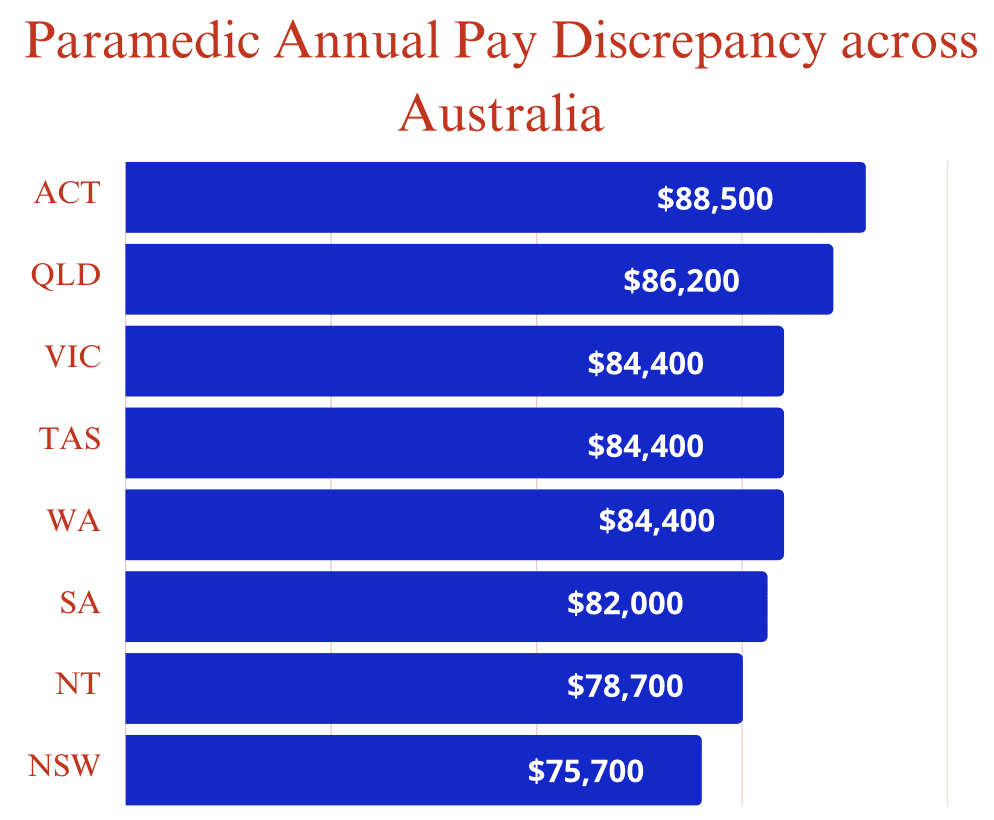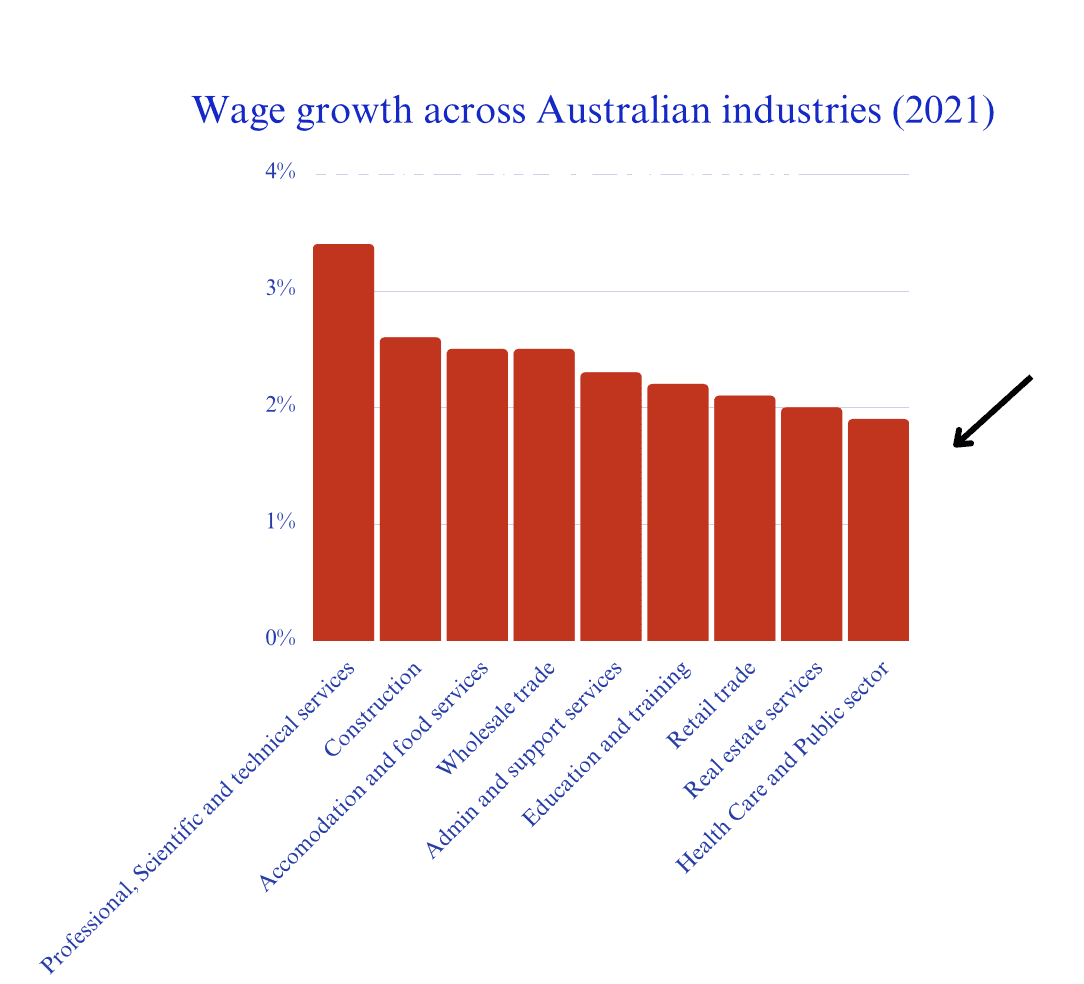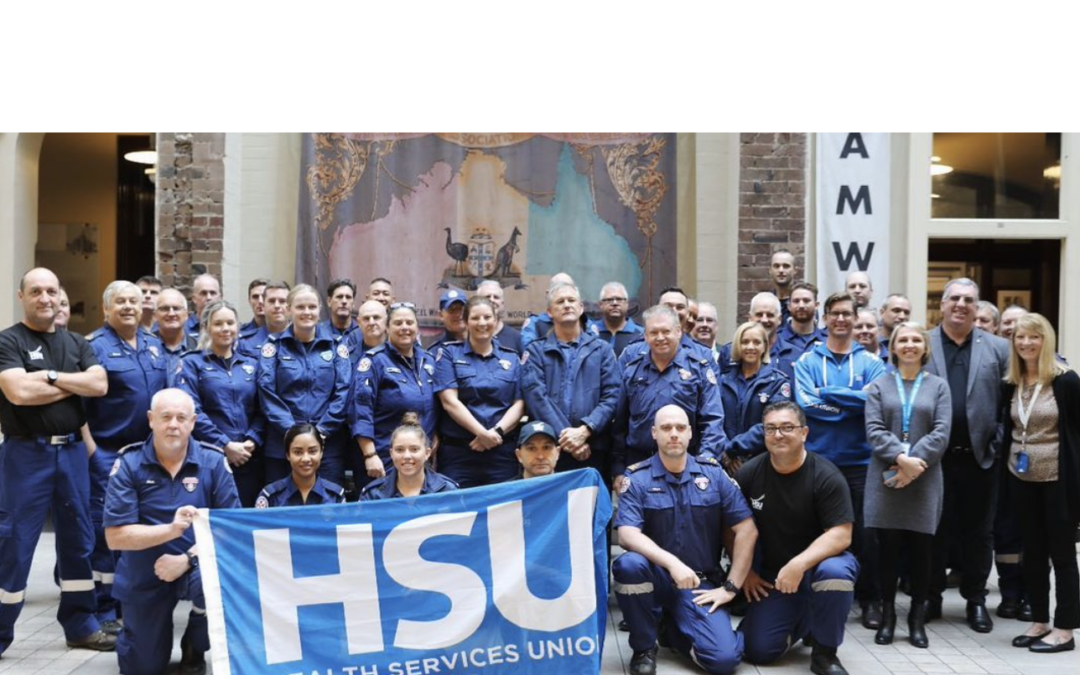Patients in New South Wales have faced disruptions in government transport services as an ongoing strike led by the state’s health union impacted hospital discharges.
The purpose of this industrial action was to highlight pressing wage concerns faced by more than 200,000 public sector employees.
As negotiations intensify and multiple industrial agreements approach expiration, there is an urgent need for constructive dialogue regarding wage demands, the Health Services Union (HSU) said.
Frustrations came to a head on May 19 as paramedics and transport service workers refused to transport patients to their homes or aged care facilities in ambulances or transport service vehicles.
This planned 24-hour industrial action aimed to highlight the irreplaceable value of these workers whilst simultaneously drawing attention to their wage dissatisfaction.
Emergency cases and patients requiring dialysis or end-of-life care were exempt from the strike, ensuring that critical medical needs continued to be met.
The wage disparity across paramedics in Australia is a key factor driving the strike.
The Health Services Union (HSU) reported that experienced paramedics in NSW earn an average of approximately $1456 per week, whereas their counterparts in the ACT earn approximately $1702 per week. The wage gap of over $200 per week translates to a significant annual disadvantage of approximately $10,000 for emergency service workers in NSW compared to their peers in other states.
Amidst the rising cost of living, this wage discrepancy across Australia has fueled frustration among NSW paramedics, the union said.

HSU pay discrepancy (2023)
A concurrent demand of the strike, is to scrap the public sector wage cap, which currently restricts pay rises to a maximum of 3 percent. This wage cap has long been a source of discontent among public sector workers.
During NSW Premier Chris Minns election campaign in March, a promise to eliminate the wage cap was made, a commitment that resonated with many workers. However, progress on this front has been slow, resulting in mounting frustration within the HSU and its members.
However, he has not provided a specific timeline for the offer or the lifting of the wage cap.

ABS Wage Price Index September 2021
Meanwhile, the HSU warns that failure to meet demands may prompt more severe actions in the future. As hundreds of patients across the state bear the brunt of disrupted government transport services, the HSU said the industrial action emphasises the importance of paramedics and transport service workers and the concurrent urgent need to provide fair wages and equitable treatment.


